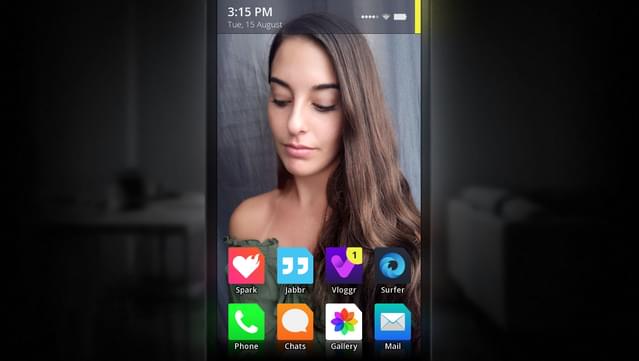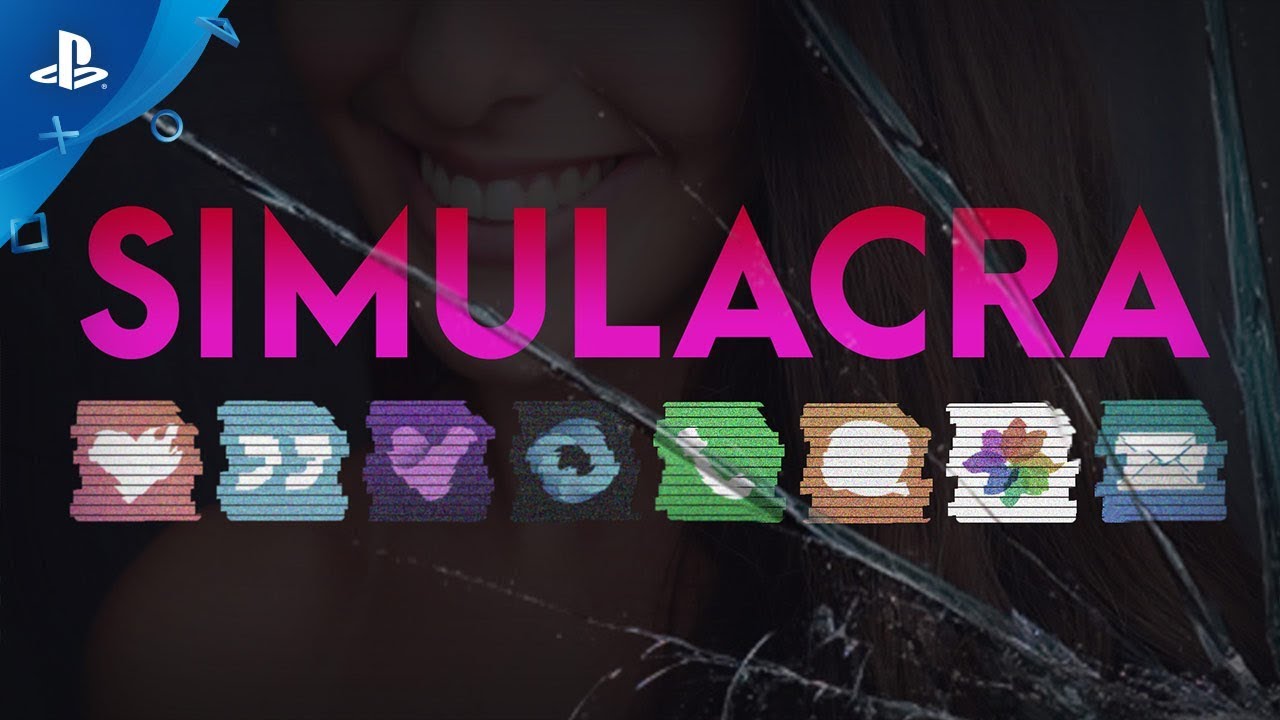Video games come in many different forms and varieties. Some attempt to be as realistic as possible, while others take on a more fantastical, even cartoon-inspired look. It generally boils down to what type of story and aesthetic the developers are trying to convey, although sometimes the type dictates the art. After all, not all games have much in the way of narratives.
When gaming is brought up, it’s usually the most prominent and popular titles. Things like Pokemon, Halo, Call of Duty, Mario, The Last of Us, God of War, Fortnite and Forza. However, while those series, and others like, them take up most of the spotlight, there are many other games and genres that do not get mentioned much. This is especially true of the full motion video genre, which has been around for years, but has never gotten a ton of recognition. Using filmed footage of real people, these games are heavily inspired by movies, but have chosen our medium because they want to tell their story through interactivity.
The latest FMV game to come to consoles is Simulacra, which comes to us from the creators of Sara is Missing. A spiritual successor to the ‘found phone’ horror game, it has made its way to our controller based devices after first debuting on mobile and PC. It’s done so well on those platforms, too, that a sequel is in the works.

In Simulacra, players take control of an unnamed person who is said to have found another’s phone. Through dialogue it’s hinted that the phone was left on their doorstep.
The aforementioned phone belongs to a young, attractive woman named Anna, who’s gone missing. From all appearances, it seems as if she’s simply vanished into thin air, leaving her phone with a person whom she’s never met before. However, as is always the case with this type of narrative (and the horror genre in general), there’s more to the story than just that. Something happened to Anna, and it doesn’t seem to be of the normal variety. The videos on her phone point to something really weird, especially considering that the first one features Anna acting strangely as she tells people not to come looking for her.
As you’ve probably guessed, your entire investigation is handled through the phone and its apps. There are the expected chat and phone apps, along with a Facebook clone, a Tinder facsimile, a basic browser, a gallery of photos, a collection of encrypted videos and an email client. The player’s job is to use them all in the correct way, so as to find Anna’s whereabouts and hopefully save her.

While you play, you’ll respond to texts from Anna’s friends, some of whom will assist with finding her. The most prominent person is Greg Summers, Anna’s former boyfriend, whom she dumped after he cheated on her with another woman. How you respond to these people will dictate how certain things pan out, and the same is true of the choice(s) you make at the end of the game, as Simulacra has more than one ending. The game also happens to have quite a few secrets and Easter eggs, which lead to unlocking achievements and trophies. As such, it’s something that the developers want you to play through more than once.
Unfortunately, the gameplay can get tedious. It can also become frustrating, because the apps aren’t always as user friendly as they could be. Using the browser can be a pain, but some of the hints you’re given can also be unclear and obtuse. This can lead to frustration and confusion, which extends the run time as you try different things.
Although you’ll do a lot of texting, the texts themselves won’t always be clear. Some will need to be rearranged word by word. The same is true of certain pictures on Anna’s phone, which need to be pieced back together in the right order. The reason? Something is up with the thing, and it’s very possibly been corrupted.

For the most part, this experience is decent and relatively enjoyable. Yes, it can be tedious and get a bit boring as you wait for Anna’s friends and colleagues to send many short texts, but it’s definitely different than your average game and offers something slightly unique. It doesn’t ascend to greatness in any way, but is an interesting way to spend a few hours. Thankfully, it’s also been streamlined a bit for accessibility, meaning that you won’t have to use the controller to type every text out, and will merely have to choose from a few options. You will, however, have to type certain things out letter by letter, when it comes to filling in forms on websites or things like that.
Of course, the presentation is what makes Simulacra different from most games, but it’s not always its best asset. The video footage looks good, as does the phone itself. Its user interface is quite nice, and is easy to use apart from the browser. That said, some of the writing and much of the acting is not very good. To be honest, some of the voice acting is up there with the worst I’ve ever heard, and that’s saying a lot. Some of the audio clips that Anna’s friends and acquaintances send are downright cringeworthy. The speech feels inorganic, and it’s as if the actors were trying to play bad Shakespearean characters. It’s honestly hard to explain just how weird, stilted and awful a lot of it is.
Anna’s actress does a pretty good job with what she’s given, though, and is easily the best of the bunch. Then again, she’s expected to be.
I should also mention that the story itself doesn’t exactly end in the most satisfying fashion, although it does comment on today’s society in an interesting way. It also borrows tropes and cliches that I was hoping would not appear, including a final choice that belies the rest of the game. Saying anything more would spoil what is primarily a narrative experience, so I’ll stop here.
If you’re looking for a change of pace this holiday season, Simulacra might be right up your alley. It’s a relatively interesting, thought provoking and slightly creepy experience, and is different from the average video game. However, it’s nothing great or utterly special, and is merely OK at best.
This review is based on the Xbox One version of the game, which we were provided with.

